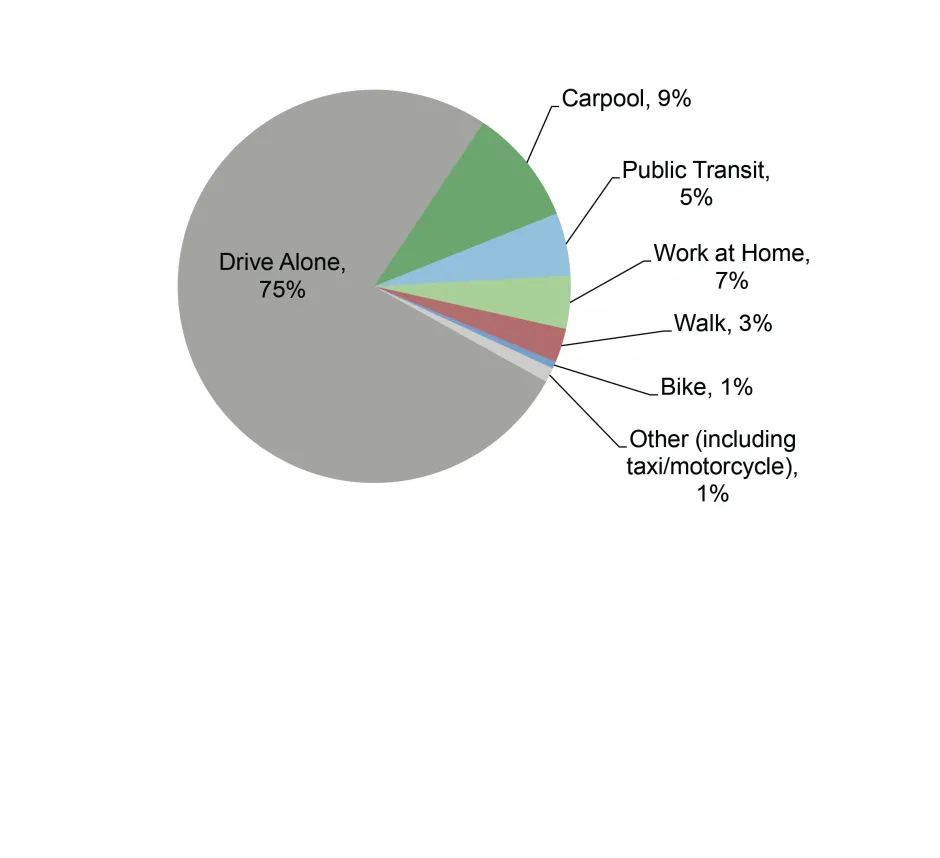- 0 Posts
- 10 Comments

 12·2 years ago
12·2 years agoThey aren’t two completely different problems, they’re in direct opposition. Making cars more tolerable increases demand for cars. Improving mass transit and bike infrastructure decreases demand. One is sustainable, the other is not.

 3·2 years ago
3·2 years agoIf you are stuck in a place that actually requires a car then this makes sense. Between the two you’ll save a ton of money.
In the long term though vehicle to vehicle communication will be required for all cars on the road. You will have (probably property) computer in your car controlling it. Unless you go back to like the 80’s or something you’ll still have a proprietary computer in your car that will need to be replaced.
But even getting a bike for occasional trips prepares you for gas prices spiking or your car breaking down.

 2·2 years ago
2·2 years agoI wish you did too. The only way to get it is to fight like hell for it.

 1·2 years ago
1·2 years agoIf people used bikes or ebikes in the overwhelming majority of cases where it’s possible, it would make it a lot easier to fix the small number of situations where it’s not.

 102·2 years ago
102·2 years agoDon’t you think it’s interesting that even though the vast majority of car trips are a single person going less than a mile, every time someone brings up bikes the rebuttal is always “what if I need to move my family of 16 and their refrigerator 800 miles in freezing rain!?”
The US was built on rail. The infrastructure could be fixed. It’s a choice not to fix it. It would be better to put in energy to fixing this than creating an open source way to access a proprietary transit system. Infrastructure is the problem, car vendors are just exploiting it.
Edit: correction, 52% of trips in the US in 2021 were under 3 miles and 28% are under a mile according to US DoE (https://www.energy.gov/eere/vehicles/articles/fotw-1230-march-21-2022-more-half-all-daily-trips-were-less-three-miles-2021). 2% we’re over 50 miles. Over 60% were under 5 miles, which is still pretty easy with an eBike given functional infrastructure.

 53·2 years ago
53·2 years agoYeah, I have two kids. We used an eBike in the US. The Dutch would find your comment absolutely hilarious. We do not own a car and haven’t needed one since we moved to the Netherlands. The problem is that you have a proprietary transit infrastructure that forces you to use property cars. Infrastructure is your vendor lock in.
The majority of car trips are under one mile and have one passenger. In the vast majority of cases you can replace a car with an eBike.
This just reminds me of someone else saying something like every time you suggest a car replacement suddenly everyone needs to carry a couch 300 miles in the snow.
It is not possible to be free while you have a car. But yeah, some times your forced in to that by the complete failure of American infrastructure. Cars continue to be your worst option, even if you’re forced to use them.
Edit: Correction, over 60% are under 5 miles, 28% are under a mile. Only 2% are over 50 miles. 69% of the total annual vehicle miles traveled in the U.S. occur in urban areas. In 2019, average car occupancy was 1.5 persons per vehicle.

https://css.umich.edu/publications/factsheets/mobility/personal-transportation-factsheet https://www.energy.gov/eere/vehicles/articles/fotw-1230-march-21-2022-more-half-all-daily-trips-were-less-three-miles-2021

 68·2 years ago
68·2 years agoIf you can, get an eBike. Cars need a ton of expensive resources. No matter what car you get, you’re basically renting it for $10k/yr anyway. Bikes can be fixed with a small set of tools in a living room without thousands of dollars of diagnostic equipment.
If you can’t do a bike because of distance, consider a motorcycle. That’s at least a little more free than a car. Cars are the worst.

 82·2 years ago
82·2 years agoThere’s already an open source bike. Carrying several tons of metal everywhere you go is kind of a bad idea anyway.



deleted by creator